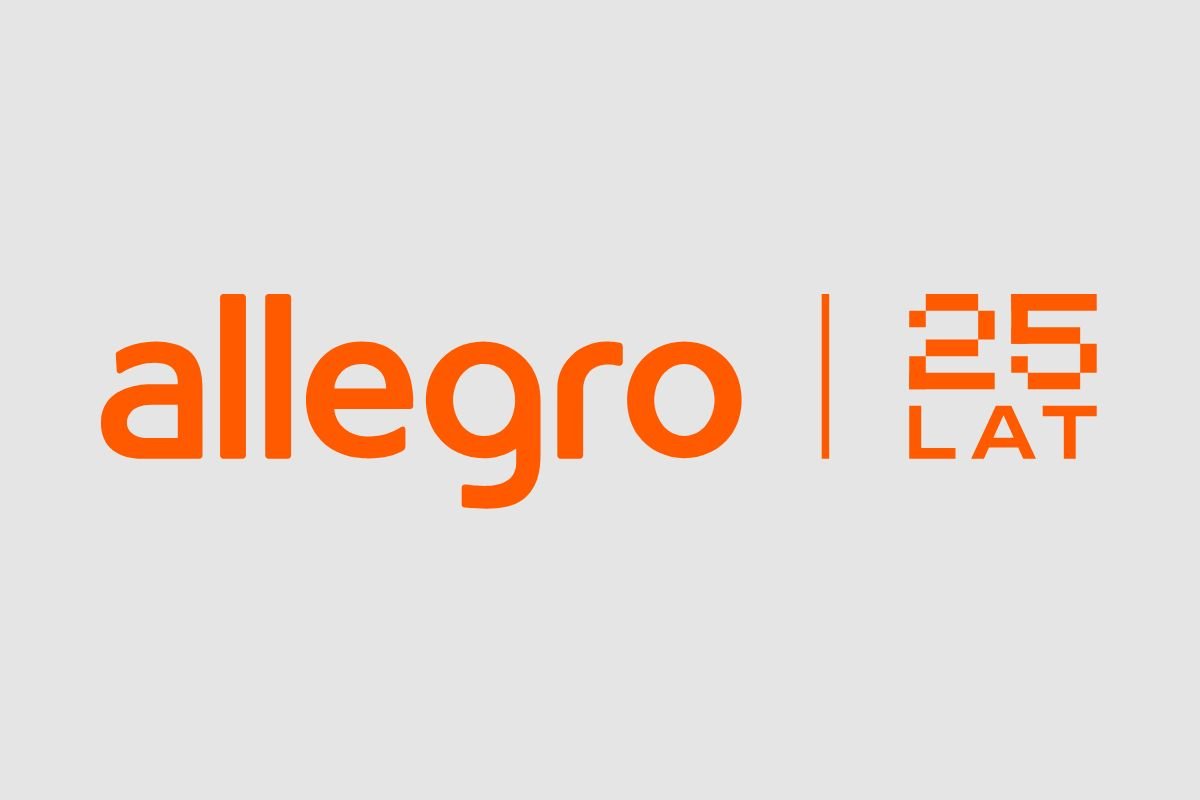In today’s dynamic and highly competitive business landscape, companies face the daunting challenge of effectively reaching and engaging their target audience amidst the constant noise of diverse marketing channels. To navigate this complexity, businesses turn to Integrated Marketing Communication (IMC) as a strategic framework that aligns and synergizes various communication channels to deliver a cohesive and impactful message. This article delves into the concept of IMC, its components, benefits, and examples of successful implementation.
Understanding Integrated Marketing Communication:
Integrated Marketing Communication is a comprehensive approach that unifies and coordinates various marketing elements to communicate a consistent message to the target audience. It involves the strategy of traditional advertising, public relations, digital marketing, social media, and other communication channels to create a seamless brand experience.
IMC goes beyond the traditional, fragmented approach where different departments within an organization operate independently. Instead, it encourages collaboration and synchronization, ensuring that every communication aspect reinforces the brand message. The ultimate goal of IMC is to create a unified and memorable brand identity that resonates with consumers across different touchpoints.
Components of Integrated Marketing Communication:

Advertising: Traditional advertising, such as print, television, and radio ads, remains a crucial component of IMC. Advertisements are crafted to align with the overall brand message and are strategically placed to reach the target audience.
Public Relations (PR): PR plays a vital role in shaping a positive brand image. Through media relations, press releases, events, and other PR tactics, businesses can establish and maintain a favorable relationship with the public.
Digital Marketing: In the digital age, online presence is paramount. Digital marketing includes strategies such as content marketing, search engine optimization (SEO), social media marketing, and email marketing. Coordinating these efforts ensures a consistent online brand image.
Social Media: Social media platforms serve as dynamic channels for engaging with the audience. IMC incorporates social media strategies to foster community, share content, and respond to customer inquiries, contributing to a holistic brand experience.
Sales Promotion: Sales promotions, including discounts, contests, and giveaways, are integrated into the Integrated Marketing Communication strategy to drive short-term sales and create buzz around the brand.
Direct Marketing: Direct marketing involves personalized communication with the target audience. This could include direct mail, telemarketing, or personalized email campaigns, providing a direct and tailored message.
Personal Selling: Personal selling involves direct interaction between sales representatives and potential customers. This component is particularly relevant in B2B marketing, where building relationships is crucial.

Benefits of Integrated Marketing Communication:
Consistency: One of the primary advantages of IMC is the ability to maintain consistency across various communication channels. A unified brand message fosters trust and recognition among consumers.
Increased Effectiveness: By coordinating efforts and messaging, IMC ensures that marketing campaigns are more effective. The synergy of different channels amplifies the impact of the overall marketing strategy.
Cost Efficiency: While implementing an IMC strategy may require an initial investment, the long-term benefits include cost efficiency. The streamlined approach eliminates redundancies and ensures that resources are utilized optimally.
Enhanced Customer Experience: A cohesive brand experience contributes to an enhanced customer journey. From the first interaction with an advertisement to the final purchase, customers should encounter a seamless and positive experience.
Improved Brand Loyalty: Consistent messaging and positive brand experiences foster loyalty among customers. When consumers can rely on a brand to deliver what it promises, they are more likely to become repeat customers and brand advocates.
Adaptability: The integrated approach allows businesses to adapt to changes in the market environment more effectively. Whether introducing a new product or responding to a crisis, a well-orchestrated Integrated Marketing communication strategy enables agility.

Successful Examples of Integrated Marketing Communication:
Coca-Cola: Coca-Cola’s “Share a Coke” campaign is a stellar example of IMC. The campaign utilized various channels, including television commercials, social media, and personalized packaging, to encourage consumers to share a Coke with friends. The consistent messaging across channels contributed to the campaign’s success.
Apple: Apple is renowned for its seamless integration of marketing across multiple channels. From product launches that generate global buzz to sleek advertising and a strong online presence, Apple’s IMC strategy reinforces its brand as innovative and cutting-edge.
Nike: Nike’s “Just Do It” campaign is an iconic example of integrated marketing communication. The slogan permeates all aspects of Nike’s communication, from advertisements to social media and product packaging. The consistent message of empowerment and action has become synonymous with the brand.
Dove: Dove’s “Real Beauty” campaign is a powerful example of IMC in promoting a positive body image. The campaign includes television ads, social media content, and experiential marketing events, all working together to communicate Dove’s commitment to redefining beauty standards.
Challenges and Future Trends:
While IMC offers numerous benefits, implementing and maintaining a cohesive strategy poses challenges. One significant hurdle is the ever-evolving digital landscape, where new platforms and technologies continually emerge. Staying ahead of these trends and adapting strategies accordingly is crucial for a successful IMC.
Additionally, organizations may face internal resistance to change, as implementing IMC often requires a shift in organizational culture and structures. Clear communication, collaboration, and a commitment to the overall brand vision are essential for overcoming these challenges.
As we look to the future, trends such as artificial intelligence, data analytics, and personalized marketing will play a pivotal role in shaping the landscape of integrated marketing communication. Leveraging these technologies will enable businesses to tailor their messages more effectively and create even more personalized and engaging brand experiences.
In conclusion, integrated marketing communication is a strategic imperative for businesses seeking to navigate the complexities of the modern marketing landscape. By harmonizing various communication channels and fostering consistency, businesses can create a powerful and resonant brand identity that leaves a lasting impression on consumers. As technology continues to evolve, the adaptability of IMC will be crucial in ensuring that brands remain relevant and impactful in an ever-changing market.






